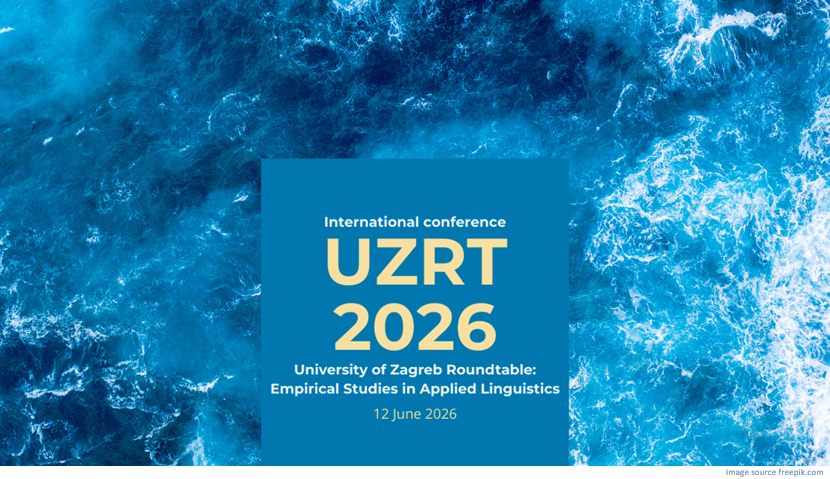 Image source: https://croatia.hr/en-gb
Image source: https://croatia.hr/en-gb
Unique in so many ways, Croatia’s roots stem from ancient times and its great cultural wealth tells of a turbulent history going back to the Roman era and continuing through the Renaissance, the Baroque period and the Ottoman conquests right up to the present day, all of which is exceptionally appealing to all who visit the country.
If we then add the rich cultural heritage, the amazing natural beauty which attracts visitors throughout the year, the 8 national parks, 11 nature reserves and the numerous UNESCO world heritage sites, Croatia truly becomes a country of incredible magnetic attraction.
Over 50 music and film festivals that inspire even the most hesitant, many of them at locations that date back to ancient times, when Roman soldiers and emperors were walking along these trails and routes and Ottoman pashas were conquering the territory, when the world’s greatest writers were creating their masterpieces, and kings and dukes came to rest.
Croatia’s attractions include beautiful beaches, one of the cleanest seas in the world, secluded bays, lakes and mystical mountain peaks, clean rivers and potable water, fantastic cuisine, prized wines and spirits, and a world-renowned cultural and natural heritage.
What to see, where to go in Croatia…
Here you can find more information:
https://www.htz.hr/en-GB
https://croatia.hr/en-gb/destinations
and brochures about Croatia:
https://htz.hr/en-GB/promo-materials/brochures
Source: Croatian National Tourist Board
Croatia’s fertile plains, where freshly picked fruits are grown which you can taste, the castles, museums and parks, river ports and family farms, wineries, freshly-baked bread whose aroma tempts one to try it over and over again, are all part of the unexplored hinterland of Croatia, a place of mystery and secrets, dream and reality, the Croatia of feelings and senses.
Yes, Croatia is all that and so much more. It is the home of the necktie, the parachute, the torpedo, the mechanical pencil, the filament light bulb, the world’s fastest electric car and the second oldest film festival in the world, the Dalmatian dog, Marco Polo, one of the oldest cities and parliaments in Europe, the second longest stretch of defensive walls in Europe, the smallest cathedral, the oldest arboretum, and the birthplace of great athletes.
It is a country of exceptional strategic significance, a criss-cross of roads that connect the East and West of Europe, a beating artery, a country with a beautiful sea, green mountains, beautiful plains, rich fields and oil deposits. And last but by no means least– the Croats themselves! The Croatian people and their kindness are a magnet that keeps drawing tourists back.
Currency
The official currency in Croatia is the euro (1 euro = 100 eurocents).
Credit cards (Eurocard / Mastercard, Visa, American Express and Diners) are accepted in almost all hotels, marinas, restaurants, shops and cash machines. Foreign currency can be exchanged in banks, exchange offices, post offices and in the majority of tourist information offices, hotels and campsites.
Travel Documents for Entering Croatia
ID (EU and EEA citizens and Switzerland) or passport. A visa is necessary for citizens of some third countries.
Croatian visa policy can be checked here: https://mvep.gov.hr/services-for-citizens/consular-information-22802/visas-22807/22807 .
Diplomatic missions and consular offices of the Republic of Croatia abroad (https://mvep.gov.hr/embassies-and-consulates/embassies-of-the-republic-of-croatia-in-the-world/244601 ) or
the Ministry of Foreign and European Affairs of the Republic of Croatia.
Tel. +385 (0)1 4569 964
Web: https://mvep.gov.hr/en
Customs legislation
The customs law of the European Union and the national customs law of the Republic of Croatia are applicable on the territory of the Republic of Croatia as a European Union and customs union member state, as well as a common market participant.
Source: Croatian National Tourist Board
www.htz.hr
Power supply
Power supply: 220 V, frequency 50 Hz
Tap water is safe to drink in all parts of Croatia.
Shops and Public Services
Working Hours
Most shops are open from 8 a.m. until 8 p.m. on weekdays, and many are open during the weekend as well.
Public services and business offices generally work from 8 a.m. until 4 p.m., Monday to Friday
DIAL 112
If you notice a natural, technical or technological threat or an accident which might threaten the life or well-being of people, property or environment, dial 112, your call is free of charge, 24 hours a day and can be made from any telephone device in the Republic of Croatia.
By dialing 112 you can reach:
- emergency medical services
- the fire department
- the police department
- mountain rescue
- coastguard rescue
- the help of other emergency services and protection and rescue operation forces
- important telephone numbers
International country code for Croatia: +385
Ambulance: 194
Fire Brigade: 193 84
Police: 192
